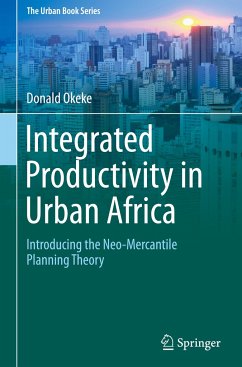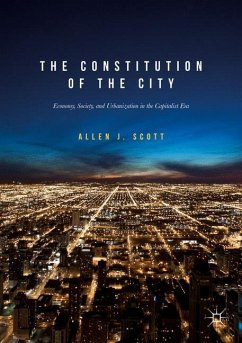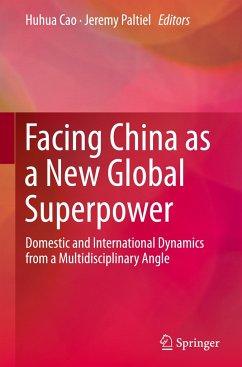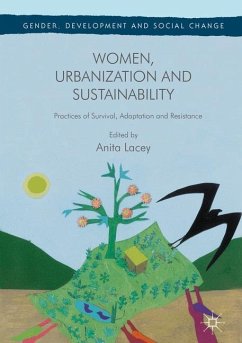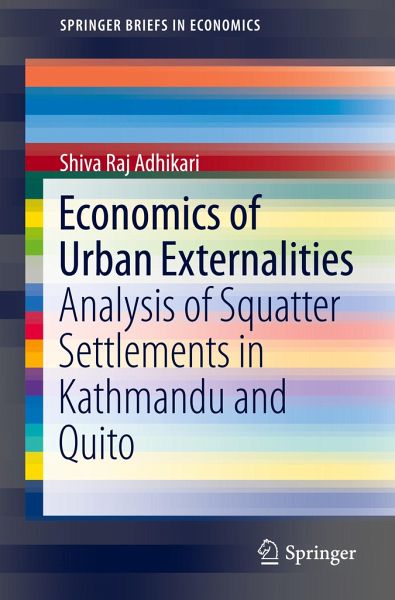
Economics of Urban Externalities
Analysis of Squatter Settlements in Kathmandu and Quito

PAYBACK Punkte
19 °P sammeln!
Thisbook provides a fresh look at measuring negative externalities in theurbanization process. Meeting the challenges that come hand-in-hand with thecontemporary age of rapid urbanization demands more extensive empiricalknowledge. While most urbanization research focuses on positive externalities,this book is designed to offer insights into possible sources of negativeexternalities and the measurement thereof. In economics, the measurement ofexternalities is a challenging task that demands innovative research designs;however, previous research has failed to capture all of these externalities.T...
Thisbook provides a fresh look at measuring negative externalities in theurbanization process. Meeting the challenges that come hand-in-hand with thecontemporary age of rapid urbanization demands more extensive empiricalknowledge. While most urbanization research focuses on positive externalities,this book is designed to offer insights into possible sources of negativeexternalities and the measurement thereof. In economics, the measurement ofexternalities is a challenging task that demands innovative research designs;however, previous research has failed to capture all of these externalities.The technique described in this book is carefully designed to measure negativeexternalities, particularly those related to squatter settlements that havebeen hitherto largely ignored by urbanization literature. The existence ofnegative externalities and the unintended consequences of rapid urbanization,particularly those related to squatter settlements, can be found in LatinAmericaand Asia. This book provides comparative insights based on extensiveprimary surveys of households in squatter and non-squatter settlements ofKathmandu, Nepal and Quito, Ecuador. It is considered a case study that willimprove the understanding of urbanization issues between Latin America andAsia. Societal benefits can be improved through the reduction of negativeexternalities. This book helps policy makers in Kathmandu and Quito fine-tunetheir policies to address the source of urban externality, as well as providenew insights into the nexus between urbanization and development. An investmentin the reduction of negative externalities is profitable, thus presenting thegovernment and international partners with a great opportunity. This bookcontributes to existing literature and will be useful for researchers andstudents.




